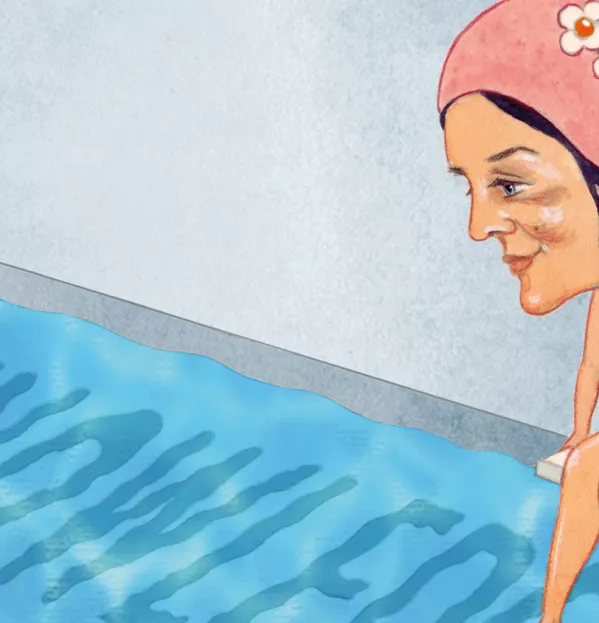When it comes to teaching and learning, I have to admit that I spend more time asking myself questions than I do coming up with coherent answers. For instance, I have recently been wondering how better to engage my colleagues with research and evidence-based practice.
The obvious place to start is to make it clear why I want them to do this. This part is easy: I want teachers to better understand the evidence base and how this could inform and improve their practice, leading to better outcomes for children.
The next thing to consider is how to help staff overcome existing barriers to engagement with research. It’s fair to say that I am engaged with research and other things related to my teaching practice because I initially came across them in my own time.
I will quite happily spend some of my time out of work reading material that’s work-related because a) I can and b) I want to. I’m just that way inclined.
However, not all colleagues will want to or have the same opportunity - people’s commitments beyond teaching vary massively. So, I think we have to consciously make time for research within school.
Key messages
Many of the teaching-and-learning staff meetings I’ve got in the pipeline this year will be around educational research. Sure, I will provide links to further reading and papers for those who want to find out more, but I’ll pull out the key messages to give everyone a solid starting point. I’ve also decided to make sure that’s it’s not just my voice talking about research, quite literally. There are some great podcasts out there that I plan to use in staff meetings. The Tes Podagogy podcast is a good place to start if you’re interested in the theory behind the science of learning.
Finally, I’ve come to the conclusion that the relationship between research and the classroom must be made clear. Staff have to see what something looks like in practice at our school. Not the school down the road or a school like ours but actually our school. When it comes to research, I often find the theory fascinating, but then discovering how that translates into the context of a classroom brings it alive. I’ve already started implementing some of the strategies I’ve looked into so I can share concrete examples that should help colleagues to understand the relevance.
So there you have it: my plan of action. When it comes to sharing ideas, we talk about enthusiasm being catching but I’m not convinced that simply being enthusiastic is enough to engage others here - that hasn’t always worked for me in the past. Maybe I should research that.
Clare Lotriet is assistant headteacher at Henwick Primary School in London. She tweets @OhLottie

